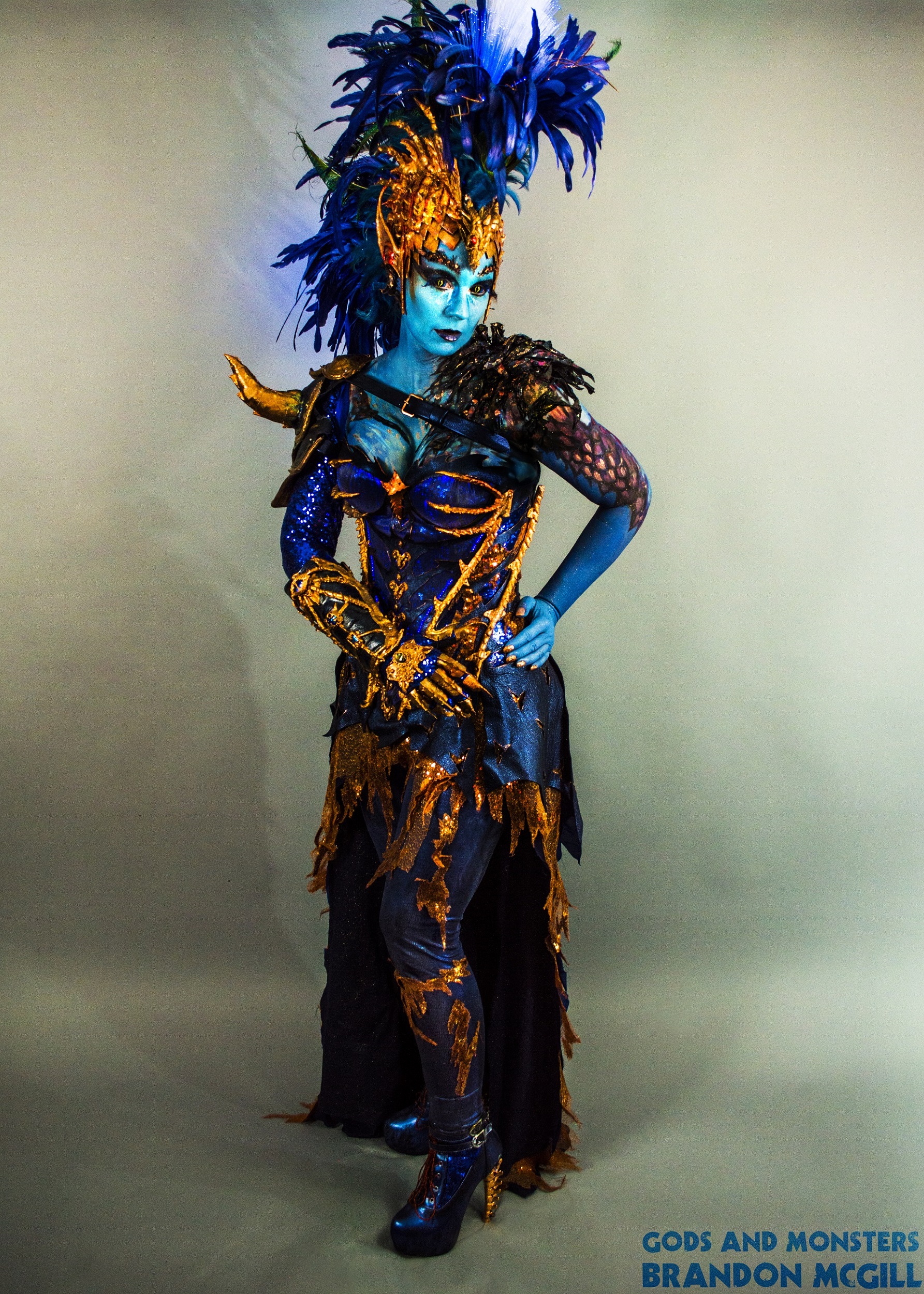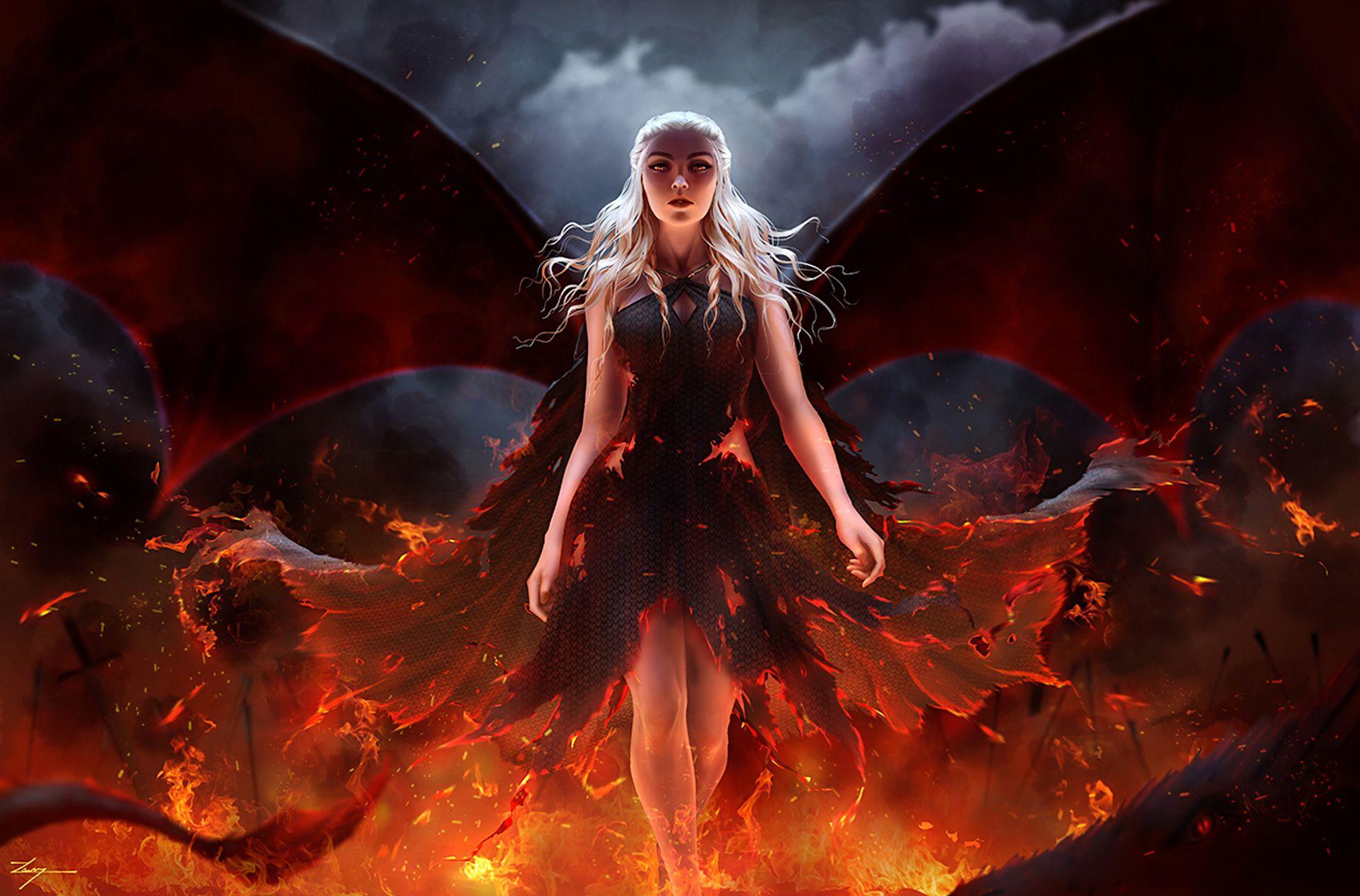In the realm of fantasy literature and television, few titles evoke as much intrigue and admiration as "Mother of Dragons." This iconic moniker, famously associated with Daenerys Targaryen from George R.R. Martin's "A Song of Ice and Fire" series and its television adaptation "Game of Thrones," symbolizes strength, resilience, and the ability to overcome adversity. The Mother of Dragons is not just a character but a representation of empowerment and leadership, making her one of the most beloved figures in modern storytelling. Her journey from exile to becoming a powerful queen is a testament to the timeless appeal of transformation and ambition. Whether you're a fan of the series or simply curious about this legendary title, this article will explore its significance, origins, and cultural impact.
Daenerys Targaryen's transformation into the Mother of Dragons is a narrative masterpiece that combines elements of fantasy, history, and human emotion. Her story resonates with audiences because it reflects universal themes of survival, justice, and the pursuit of power. As we delve deeper into this topic, we will uncover the layers of symbolism behind her dragons, her leadership qualities, and how her character has influenced modern pop culture. The Mother of Dragons is more than just a fictional figure; she embodies the aspirations and struggles of real-life individuals striving for greatness.
Throughout this article, we will explore the origins of the Mother of Dragons title, its cultural significance, and its impact on fans worldwide. From her humble beginnings as an exiled princess to her rise as a ruler commanding fire-breathing dragons, Daenerys Targaryen's journey is a fascinating study of character development and storytelling. Whether you're a fan of fantasy or simply intrigued by powerful narratives, this article will provide valuable insights into why the Mother of Dragons remains an enduring symbol of strength and inspiration.
Read also:Matthew Beard Movies And Tv Shows A Comprehensive Guide To His Career
Table of Contents
Biography of Daenerys Targaryen
Daenerys Targaryen, also known as Daenerys Stormborn, is a central character in George R.R. Martin's "A Song of Ice and Fire" series and its television adaptation "Game of Thrones." Born as the youngest child of King Aerys II Targaryen, Daenerys is part of the once-powerful Targaryen dynasty that ruled Westeros for centuries. After her family's downfall during Robert's Rebellion, Daenerys and her older brother Viserys were forced into exile across the Narrow Sea.
Daenerys's journey begins in the harsh deserts of Essos, where she is married off to Khal Drogo, a powerful Dothraki warlord, by her manipulative brother Viserys. Initially portrayed as a timid and submissive young girl, Daenerys gradually transforms into a confident and commanding leader. Her resilience is tested when she loses her husband and unborn child, but these tragedies become turning points in her life. It is during this time that she hatches three dragon eggs, earning her the title "Mother of Dragons."
Below is a table summarizing Daenerys Targaryen's key personal details:
| Full Name | Daenerys Targaryen |
|---|---|
| Title | Mother of Dragons, Khaleesi, Queen of the Andals and the First Men |
| Place of Birth | Dragonstone, Westeros |
| Date of Birth | 284 AC |
| Family | House Targaryen |
| Notable Achievements | Hatching dragons, freeing slaves, claiming the Iron Throne |
The Symbolism of Dragons
Dragons in the world of "Game of Thrones" are not merely fantastical creatures; they are deeply symbolic of power, rebirth, and destiny. Daenerys's dragons—Drogon, Rhaegal, and Viserion—are extensions of her identity and authority. They represent her ability to rise from the ashes of her past and claim her rightful place as a ruler. Dragons also serve as a metaphor for the destructive and transformative power of fire, a recurring theme in Daenerys's story.
Dragons as Symbols of Power
Throughout history, dragons have been depicted as creatures of immense strength and dominance. In Daenerys's case, her dragons symbolize her growing influence and her capacity to challenge the established order. Their fiery breath and imposing presence make them both weapons of war and tools of liberation, as seen in her efforts to free the slaves of Slaver's Bay.
Dragons and Rebirth
The hatching of Daenerys's dragons in the funeral pyre of Khal Drogo is a pivotal moment in her story. It symbolizes her rebirth as a leader and her emergence from the ashes of personal tragedy. This act of transformation is a powerful metaphor for resilience and the ability to rise above adversity, qualities that define the Mother of Dragons.
Read also:1988 Chinese Zodiac Unveiling The Year Of The Dragon
Leadership Qualities of the Mother of Dragons
Daenerys Targaryen's leadership style is a blend of compassion, determination, and strategic thinking. Her journey from an exiled princess to a queen commanding dragons is a testament to her ability to inspire loyalty and effect change. One of her most notable qualities is her commitment to justice and equality, as evidenced by her efforts to abolish slavery in Essos.
Compassion and Empathy
Despite her royal lineage, Daenerys demonstrates a deep sense of empathy for the oppressed and marginalized. Her decision to free the slaves of Slaver's Bay and her willingness to listen to the concerns of her followers highlight her compassionate leadership style. This approach not only earns her the loyalty of her people but also sets her apart from other rulers in the series.
Strategic Vision
Daenerys's leadership is also characterized by her strategic vision. From forming alliances with powerful figures like Tyrion Lannister to planning her invasion of Westeros, she consistently demonstrates an ability to think several steps ahead. Her use of dragons as both a deterrent and a weapon of war underscores her tactical acumen.
Cultural Impact and Popularity
The Mother of Dragons has left an indelible mark on popular culture. Her character has inspired countless fans, cosplayers, and even social movements advocating for women's empowerment. The title "Mother of Dragons" has become synonymous with strength and resilience, resonating with audiences across the globe.
Influence on Pop Culture
Daenerys Targaryen's portrayal by Emilia Clarke in "Game of Thrones" has contributed significantly to her popularity. Her iconic scenes, such as walking out of the fire unscathed with her dragons, have become cultural touchstones. Merchandise, fan art, and discussions about her character continue to thrive even years after the series' conclusion.
Symbol of Female Empowerment
As a female leader in a male-dominated world, Daenerys's journey resonates with many women who see her as a symbol of empowerment. Her ability to overcome adversity and claim her throne inspires fans to pursue their own ambitions and challenge societal norms.
Challenges Faced by Daenerys
Despite her many strengths, Daenerys Targaryen's journey is fraught with challenges that test her resolve and leadership. From political betrayals to personal losses, she faces numerous obstacles that shape her character and decisions.
Political Betrayals
One of Daenerys's recurring challenges is navigating the treacherous world of politics. Her alliances are often fragile, and she must contend with betrayal from those she trusts. For example, her relationship with the Iron Bank and the betrayal of certain allies highlight the complexities of maintaining power in a volatile environment.
Personal Losses
Daenerys's personal life is marked by tragedy, from the death of her husband Khal Drogo to the loss of her unborn child. These losses not only shape her emotional journey but also influence her decisions as a leader. Her ability to channel grief into strength is a testament to her resilience.
Legacy of the Mother of Dragons
Daenerys Targaryen's legacy is a complex and multifaceted one. While her ultimate fate in "Game of Thrones" sparked debate among fans, her impact on the series and its themes is undeniable. She remains a symbol of transformation, ambition, and the duality of power.
Impact on the Series
Daenerys's character arc is central to the overarching narrative of "Game of Thrones." Her quest for the Iron Throne and her vision of a just society drive much of the plot. Her eventual descent into authoritarianism raises important questions about the corrupting influence of power and the fine line between justice and tyranny.
Enduring Symbolism
Even after the series' conclusion, the Mother of Dragons continues to inspire discussions about leadership, morality, and the human condition. Her story serves as a reminder of the complexities of power and the importance of staying true to one's values.
Fan Reception and Interpretations
Fans of "Game of Thrones" have diverse interpretations of Daenerys Targaryen's character and her role in the series. While some view her as a tragic hero, others see her as a cautionary tale about the dangers of unchecked ambition. These differing perspectives reflect the depth and complexity of her character.
Tragic Hero or Villain?
Daenerys's transformation from a compassionate liberator to a ruthless conqueror has sparked intense debate among fans. Some argue that her actions were justified given the circumstances, while others believe her descent into madness was inevitable. This duality makes her one of the most intriguing characters in the series.
Fan Theories and Speculations
Throughout the series, fans have speculated about Daenerys's fate and the significance of her dragons. Theories about her lineage, her connection to the prophecy of the Prince That Was Promised, and the role of her dragons in the final battle against the Night King have kept audiences engaged and invested in her story.
Dragons in Mythology and History
Dragons have captivated human imagination for centuries, appearing in myths, legends, and folklore across cultures. From the fire-breathing dragons of European tales to the wise and benevolent dragons of Eastern traditions, these mythical creatures have been symbols of power, wisdom, and mystery.
Dragons in European Mythology
In European mythology, dragons are often depicted as fearsome beasts that must be defeated by heroes. Stories like Saint George and the Dragon exemplify this theme, where the dragon represents chaos and evil that must be vanquished. These tales reflect societal fears and the triumph of good over evil.
Dragons in Eastern Cultures
In contrast, dragons in Eastern cultures, particularly in China and Japan, are revered as symbols of strength, wisdom, and good fortune. Chinese dragons, for example, are associated with water and are believed to bring rain and prosperity. This positive portrayal highlights the cultural differences in how dragons are perceived.
Inspiration for Modern Audiences
Daenerys Targaryen's story continues to inspire modern audiences, particularly those seeking empowerment and resilience in their own lives. Her journey from exile to becoming a powerful queen serves as a reminder that adversity can be a catalyst for growth and transformation.
Empowerment Through Adversity
Daenerys's ability to overcome challenges and rise above her circumstances resonates with individuals facing their own struggles. Her story encourages fans to embrace their inner strength and pursue their dreams despite obstacles.
Leadership Lessons
As a leader, Daenerys teaches valuable lessons about compassion, justice, and the importance of staying true to one's values. Her journey underscores the importance of empathy in leadership and the need to balance ambition with morality.

